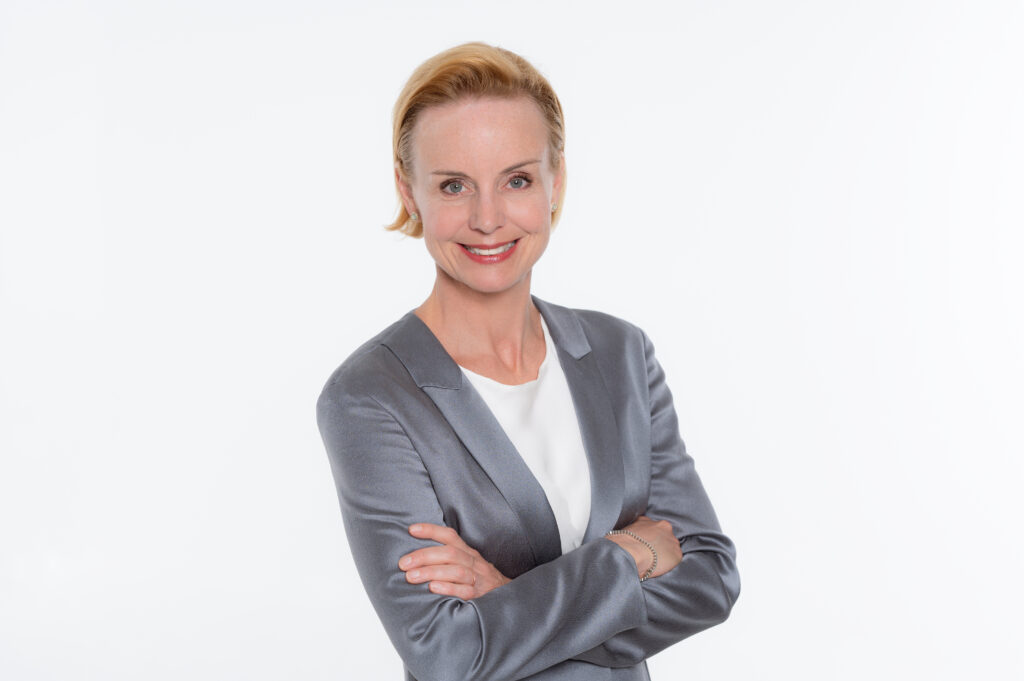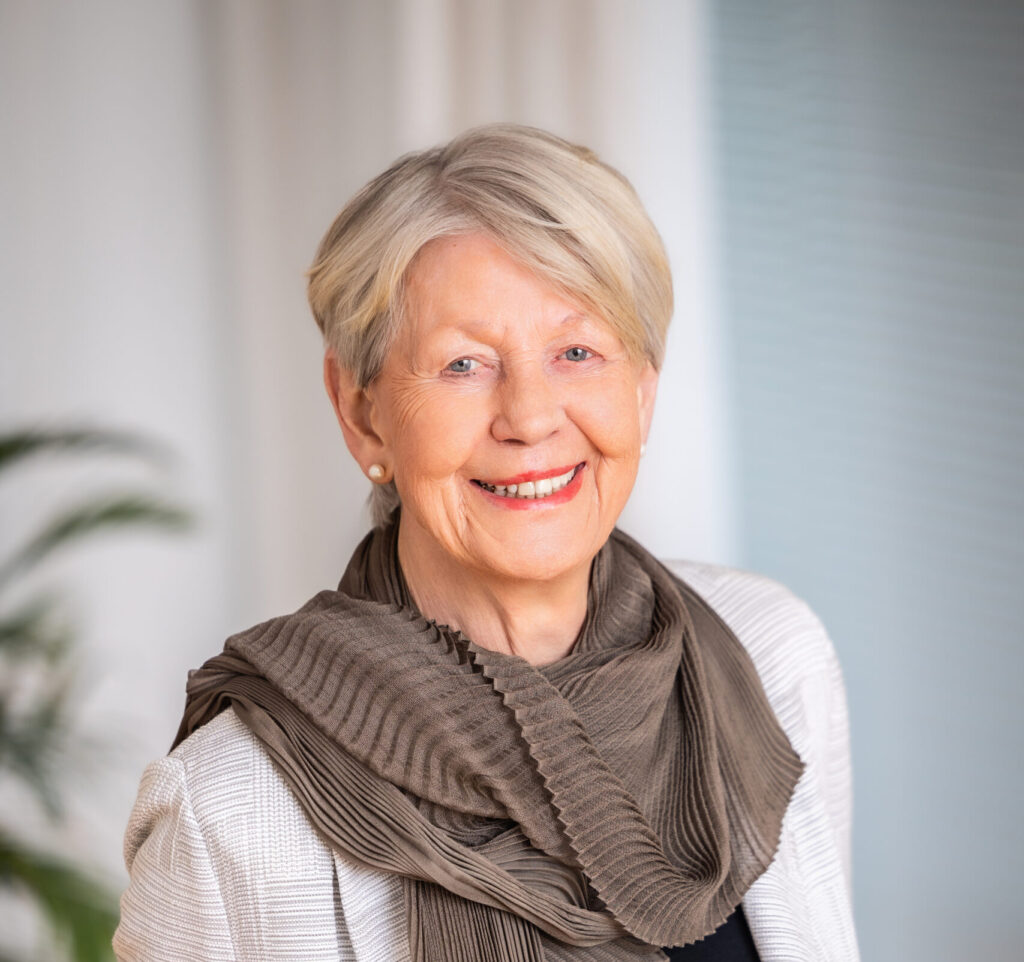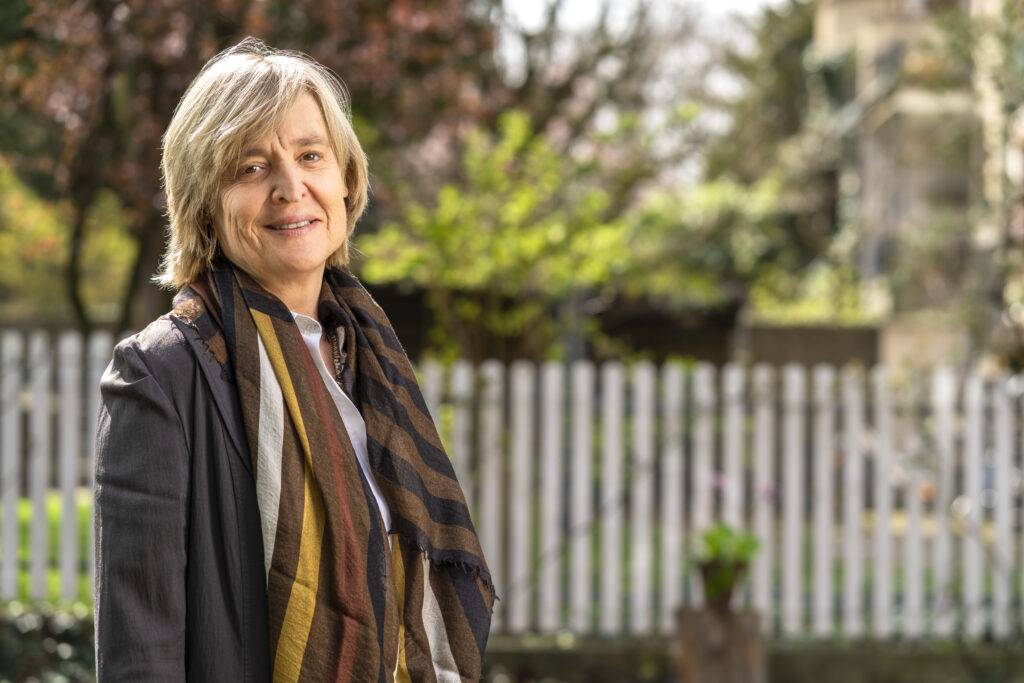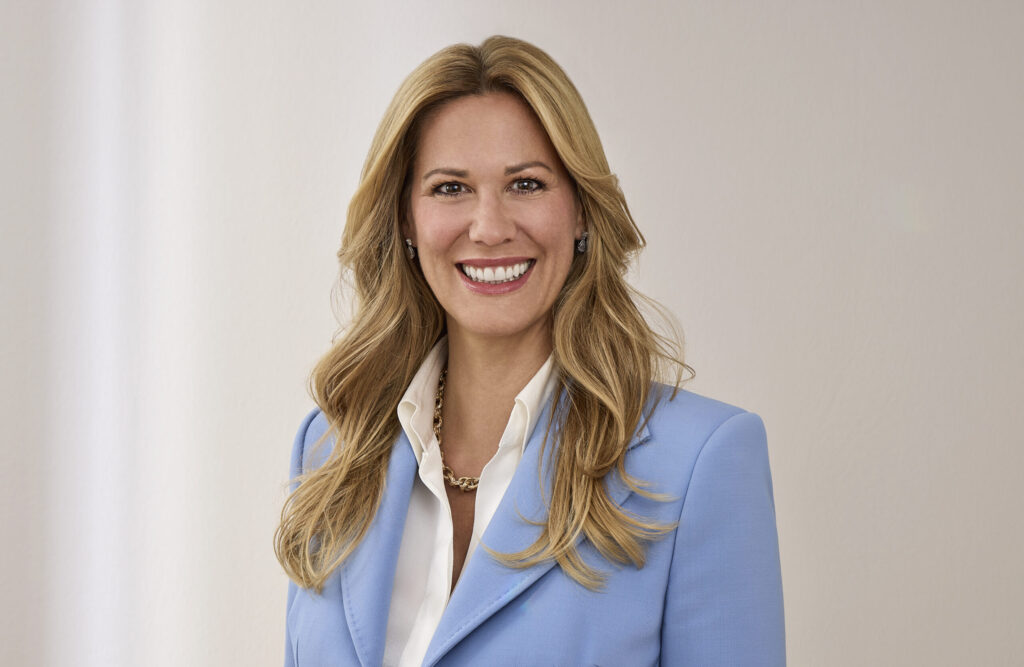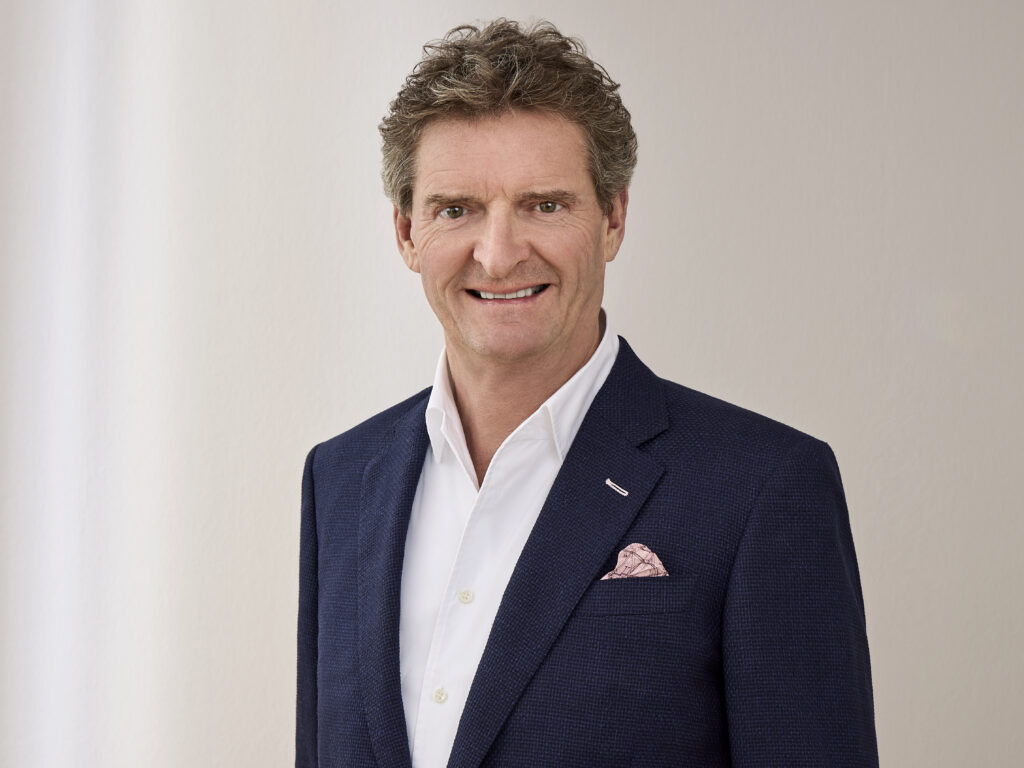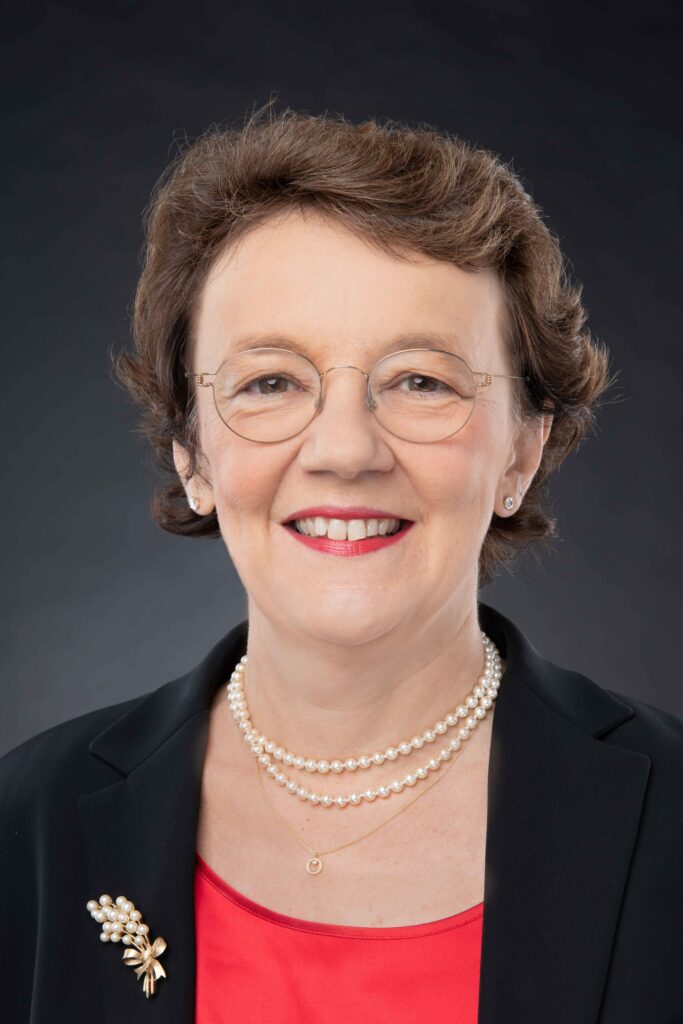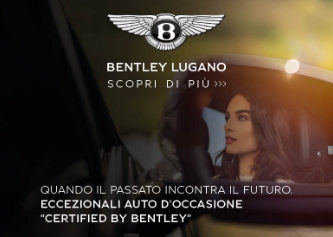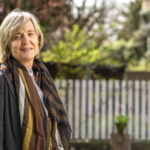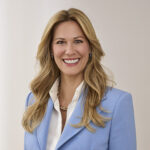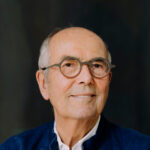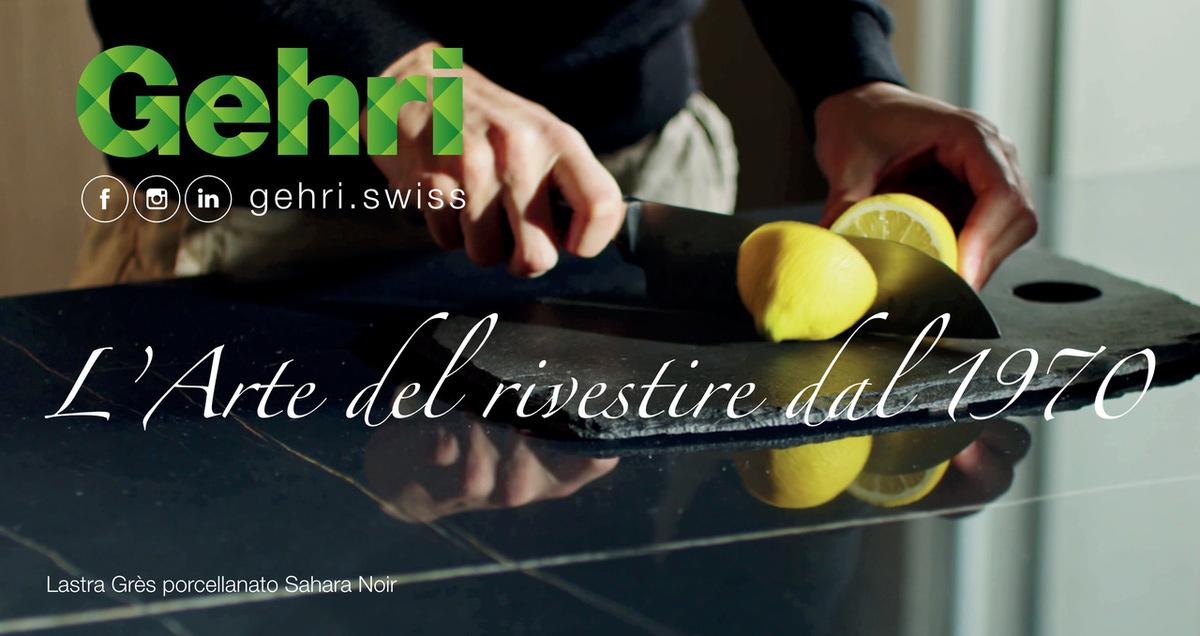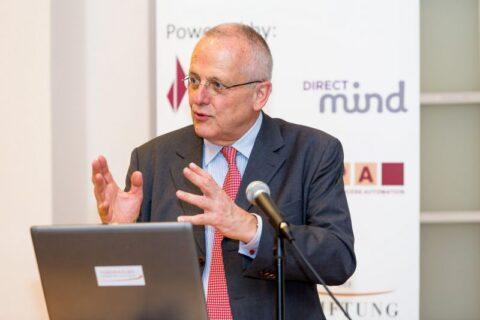 Rupert Graf Strachwitz, you are one of the most inspirational people in the world of philanthropy. You come from a noble family with a long history. Can you tell us something about your family?
Rupert Graf Strachwitz, you are one of the most inspirational people in the world of philanthropy. You come from a noble family with a long history. Can you tell us something about your family?
«My father’s family is from Silesia, now part of Poland, and for many centuries part of Bohemia, then of Prussia and Germany. My ancestors on that side were catholic landowners, an occasional general or bishop, and through my great-grandmother, some rulers and saints. On my mother’s side, they include English gentry, French Huguenot and Jewish intellectuals, and protestant clergymen. At the time of my birth, my parents were living in Liechtenstein, but I was born in Lucerne».
Your father Rudolf Graf Strachwitz was a diplomat and your mother Barbara Greene a famous writer. What events in your youth have had the most impact on you?
«My parents married late in life; my father (born in 1896) could have been my grandfather. I suppose that was quite influential. Also, I grew up in Argentina and Rome and only came to Germany to live when I was 9. Most definitely, all this has made me be a European first and foremost».
Can you tell us about your education and career path?
«My parents strongly believed that I should not grow up in a diplomatic atmosphere and sent me to boarding school when I was 9. Years later, when moving out of one’s parents’ home was the thing to do for my age group, I had already been living on my own for 10 years.
After school, I spent six months at college in the US, then 2 years in the German Army, followed by 5 years at Munich University, reading political science, history, and history of art. When I graduated, I just wanted to get out, and never dreamt I would find my back to academia 15 years later. My PhD thesis (on philanthropy) was written when I was in my 50s.
My ambition was to work for an international organisation. When offered a job in an international charity, the Sovereign Order of Malta, I took it, had 2 years in Rome, followed by 5 as regional director of the Order’s German Relief Organisation. From there, I went to work for the head of the former ruling family of Bavaria. And then, finally, in 1989, I founded Maecenata, first as a consultancy that specialized in foundations and other nonprofits, and eventually, in several steps, as a charitable foundation».
What were your reasons for dedicating yourself to philanthropy? Was there a defining event?
«I have always been quite suspicious of governments bearing down on the citizens and have tried to see what citizens can do for society on their own and by their own free will. My master thesis was on the Levellers, a 17th century protest movement in England. So my interest was and still is with what today is called civil society, and with philanthropy as one part of it. In the 1990s, Maecenata was one of the first organisations to develop a professional attitude towards philanthropic institutions. I became a “midwife” to approx. 300 foundations. Also, we were commissioned to draw up a register of German foundations, which had not been done since before World War I. So all this made me a philanthropy specialist. But I still believe very strongly that philanthropy is embedded in civil society».
How would you describe your vision of philanthropy and its impact on society, and what are possibly the biggest challenges?
«Philanthropy is an anthropological constant and has existed in every society since antiquity. But it has not necessarily had much to do with foundations. The notion that philanthropy equals foundations is 20th century American. The societé philanthropique in Paris, founded in 1780, is a membership organisation. John Howard, an 18th century Englishman, was described as a philanthropist because he advocated prison reform.
Today, there is considerable criticism of philanthropy, most particularly in the US, on the grounds that every societal action should be controlled by the state, that foundations are too powerful, or that nobody should make decisions that future generations are compelled to abide by. There is some truth in these arguments, but not enough to make me change my mind. I still believe that private action for the public good is an indispensable prerequisite for social change and development – and, for that matter, a civil right. What I would like to see is to return to a much wider definition of philanthropy as a concept of citizens engaging with the public good».
You are the founder and board member of the Maecenata Foundation. What led you to create this foundation and what is its purpose?
«The Maecenata Foundation is a very unusual foundation. Its endowment is minimal. I created it in 2010 as a legal roof for two existing programmes: the Maecenata Institute, an academic research centre, which had existed since 1997, and the Transnational Giving Programme, where we had been the German partner in the Transnational Giving Europe Network since 2001. (The Swiss Philanthropy Foundation in Geneva is our Swiss partner.) Two more programmes have been added since the foundation was established: the Tocqueville Forum, a policy and support centre in 2014, and the MENA Study Centre for Middle East Studies in 2019.
Our mission is to enhance the role and knowledge of civil society and philanthropy through research and research grounded policy studies, publications, assistance, teaching, and support (e.g. by way of a large specialized library)».
What are the main projects that you have realized with the Maecenata Foundation?
«Installing a system that enables citizens to donate to beneficiaries outside their country of residence has been a major achievement.
On the research side, many of our projects have had to do with civil society and … (civil society and religious communities, civil society and urban development &c.) The history of philanthropy has been another important field of study for many years. And recently, a large Europe-wide project was devoted to what is described as the shrinking or contested civic space.
On the policy side, I have been on a parliamentary commission, and in many hearings and committees to try and promote the knowledge about philanthropy and civil society, as well as serving on boards, including that of the Fondazione Cariplo in Milan from 1999-2006».
What strategies do you pursue to evaluate the impact of the projects of the Maecenata Foundation and are there future initiatives that you can share with us?
«We have unfortunately never been able to have a formal academic assessment of our projects. But the fact that an important European private grant maker has supported 5 multi-year projects over the past 12 years is an indication that our work is appreciated. Also, we find we are generally accepted as experts in our particular field, although we always speak our mind and never suck up to donors, governments or indeed anybody else.
In the near future, our no. 1 priority is to look what civil society and the wider civic space can contribute to making democracy more resilient. We believe democracy to be in crisis world-wide, and citizen action will be essential to overcome this situation».
You are an expert on Christian philanthropy and Islamic philanthropy: Where do you see the main differences between the two approaches?
«The answer is there is no big difference! They have the same historical roots (Roman law), and are similar in the way they operate. Two differences remain: In Islamic tradition, more foundations than they do in Europe, serve a family rather than the public good. And Islamic finance principles (that used to be Christian principles too, until the late Middle Ages) make for a different investment policy».
Do you believe that philanthropists have the opportunity to mitigate the catastrophic effects of ongoing conflicts? And if so, how?
«Yes, they can, and not just by giving funds. They can move issues by convening and presenting arguments (like we do), commission independent expertise, and do a lot behind the scenes. But they should not overplay their hand!».
What perspectives do you see for the future of philanthropy in Germany and in Europe?
«If philanthropy manages to overcome its obsession with impact, its lack of self-criticism, and its urge to hobnob with the high and mighty, I believe it can make a real and meaningful contribution – in very close alignment with other players in civil society».


